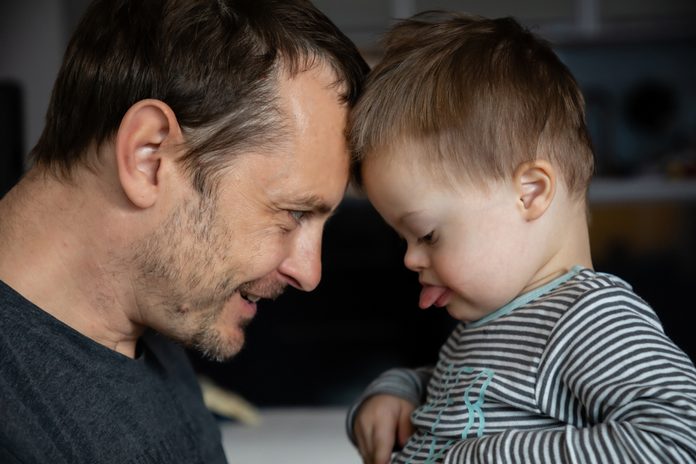Living With Down Syndrome
The lifespan for individuals with Down syndrome has surprisingly improved in recent years. In 1960, a child born with Down syndrome usually didn’t see their 10th birthday. While today, life expectancy for patients with Down syndrome has reached up to an average of 55 to 60 years.
If you’re raising a baby with Down syndrome, you’ll have to keep a close relationship with health professionals who understand this condition and its unique challenges. Along with larger concerns — like leukemia and heart defects — people with Down syndrome also need to be protected from common infections for example, colds.
Individuals with Down syndrome are living longer, and fuller lives now more than ever. However, they may often face different challenges; they can also overcome those thrives and obstacles. Building a strong supportive network of experienced health professionals and understanding friends and family is difficult for the success of people with Down syndrome as well as their families.
Down syndrome can occur in people of all economic levels and races, though aged women have an increased risk of having a baby with Down syndrome. A 35-year-old woman has about a 1 in 350 chance of giving birth to a child with Down syndrome, and this incidence becomes 1 in 100 by age 40. At age 45, this chance increases up to 1 in 30. However, the age of the mother has not considered a risk factor in translocation.
Nowadays, many parents are postponing their parenting until later in life; thus the chance of Down syndrome conceptions increases. Therefore, the need for genetic counseling for parents is becoming important. Still, many doctors are not fully instructed about counseling their patients about the chances of Down syndrome, advancements in prognosis, and the protocols for treatment and care of children born with Down syndrome.
- Your baby is a baby first. You are not going to give birth to a “Down syndrome” child. You are giving birth to your child, a distinctive individual who will resemble you and your family, having some additional features similar to others with Down syndrome. It’s amazing to see how much the two siblings resemble each other despite the fact that one has Down syndrome, and the other doesn’t. There is no need to love Down syndrome in order to love your baby. You should focus on life — not the label.
- Your baby will still achieve typical milestones. If you have friends or siblings or who had children at the same time you had yours, it may encourage you to fall in a comparison trap. You should not focus on comparing your child to typically developing babies. Instead, start admiring the things that your child has accomplished. Don’t decline your child’s victorious and beautiful field of daisies by comparing it to the closest mountain. These milestones might take a bit longer, but when they finally happen, the celebration will be much more joyful.
- Parents of a child with Down syndrome always need physical and moral support and there is a lot of support available. For example, parents can enroll their baby (as early as 6 weeks old) in state’s Early Intervention or E) program. Several different professionals provide EI services, including motor skills professionals and specialists in language and communication, social-emotional development, and learning acquisition.”
- Your kid may experience a wide range of emotions. You might come across people who say that the baby will be “always happy,” make him/her seem less human. However, the truth is babies with Down syndrome will experience and display all sorts of moods – sad, happy, silly, whiny, angry, delighted, and hysterical, – the same as any other person.
- Your child’s entire existence will not be defined by the Down syndrome. You will have good days and bad days depending on the situation your child will face. You will laugh, cry, and enjoy every moment with your kid that has nothing to do with the diagnosis, chromosomal abnormality, or doctors’ appointments.

